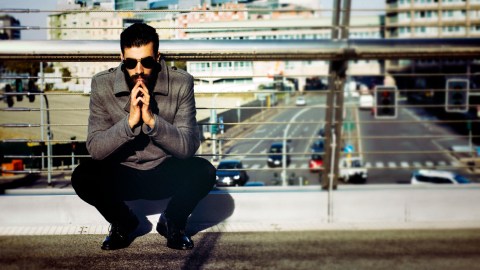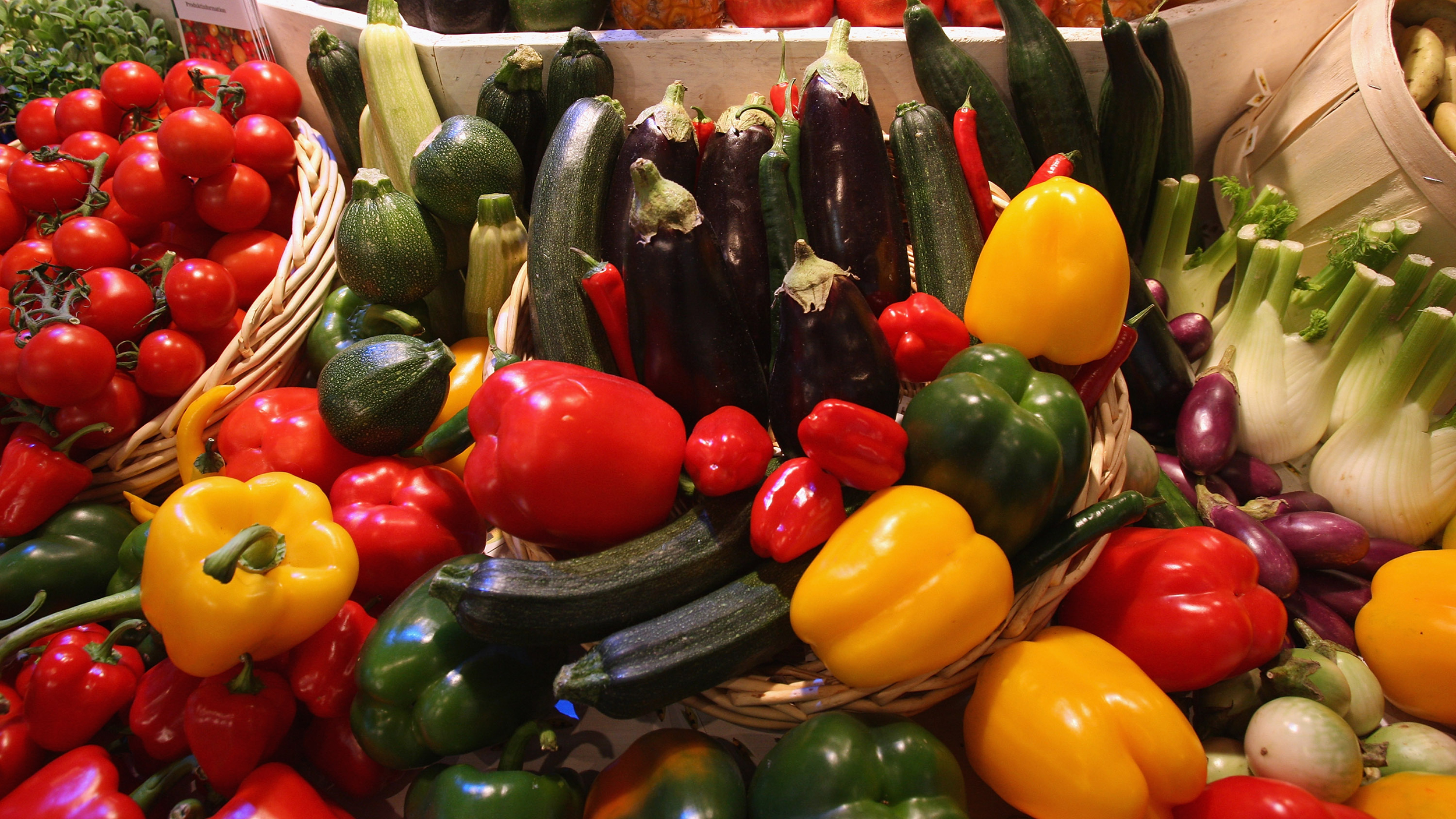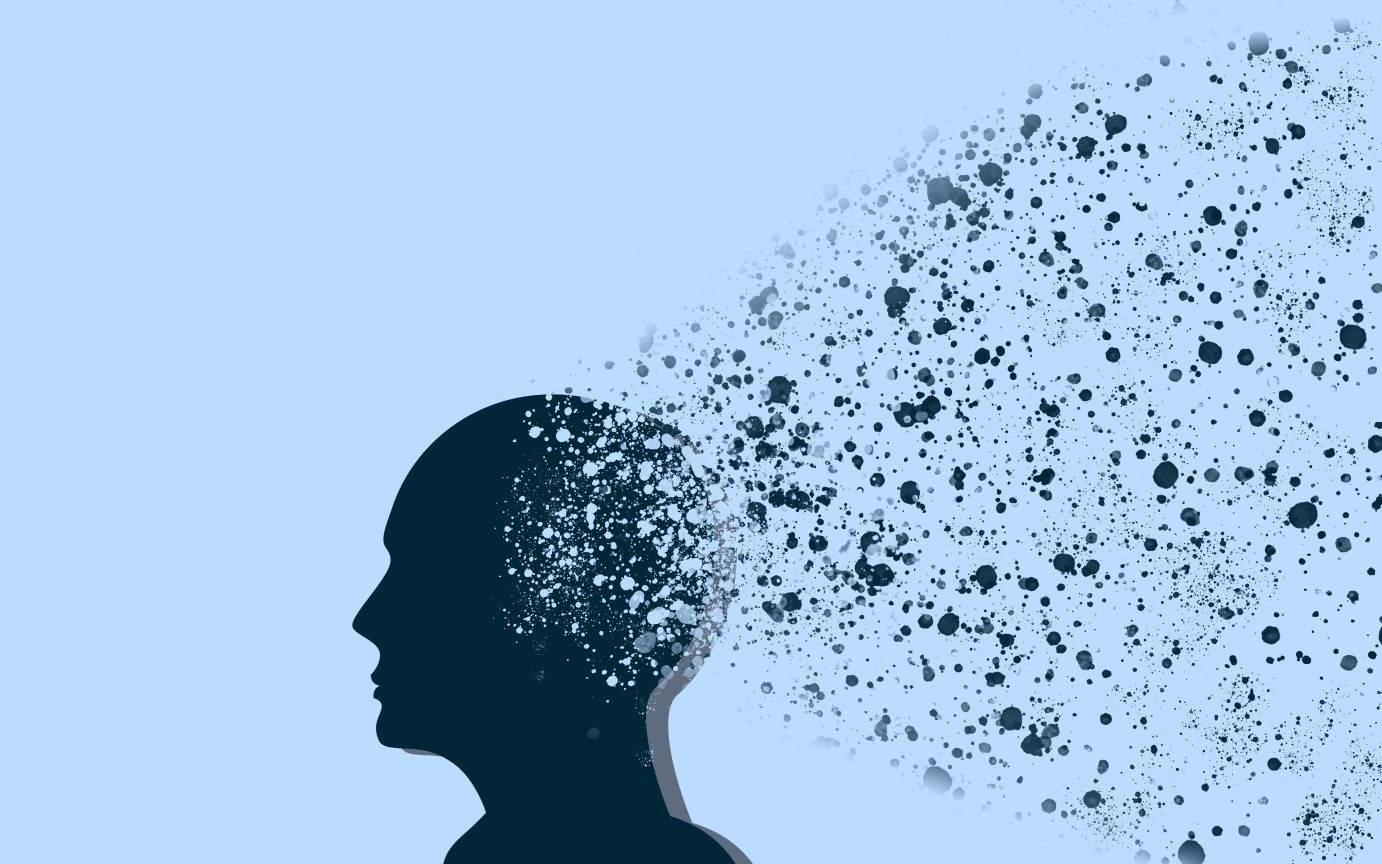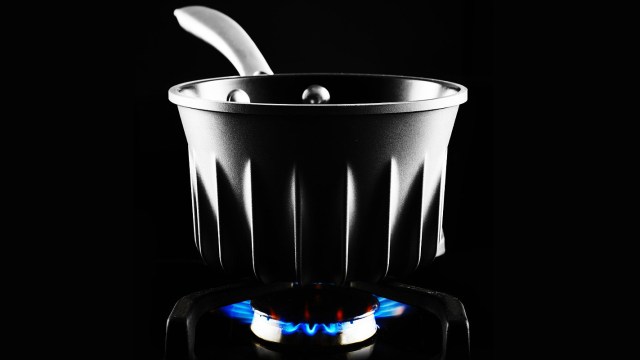Depression Is Only Partly a Psychological Condition

While the symptoms of depression are marked by changes in the brain, the cause of the disease may ultimately lie in the body, specifically in a family of proteins called cytokines that set off inflammation.
Essential to healing physical wounds and kicking the immune system into action, inflammation tells the body it is ill. And as everyone knows, having an illness easily triggers a negative mindset that can easily turn depressive in cases of prolonged or chronic health problems. What physicians call “sickness behavior” is remarkably similar to depression: an unwillingness to get out of bed, eat well, or be productive.
While being physically ill causes inflammation, it is far from being the only cause. Modern life itself seems to be a state which our body responds to negatively.
George Slavich, a clinical psychologist at the University of California in Los Angeles, has studied depression for years and has come to prioritize the body over the mind when discussing causes of the disease: “I don’t even talk about it as a psychiatric condition any more,” he says. “It does involve psychology, but it also involves equal parts of biology and physical health.”
While being physically ill causes inflammation, it is far from being the only cause. Modern life itself seems to be a state which our body responds to negatively.
Eating a diet high in trans fat and sugar triggers inflammation by activating the large amount of cytokines stored in the gut. Studies have also found that rejection and social isolation can promote inflammation in the body, a phenomenon that sociologists have seen rise as individuals become wealthier and rely less on their surrounding community for wellbeing.
Physician Mark Hyman explains that eating a healthy diet is more effective at treating disease than any prescription medication.
--
Read more at the Guardian
Photo credit: Shutterstock





